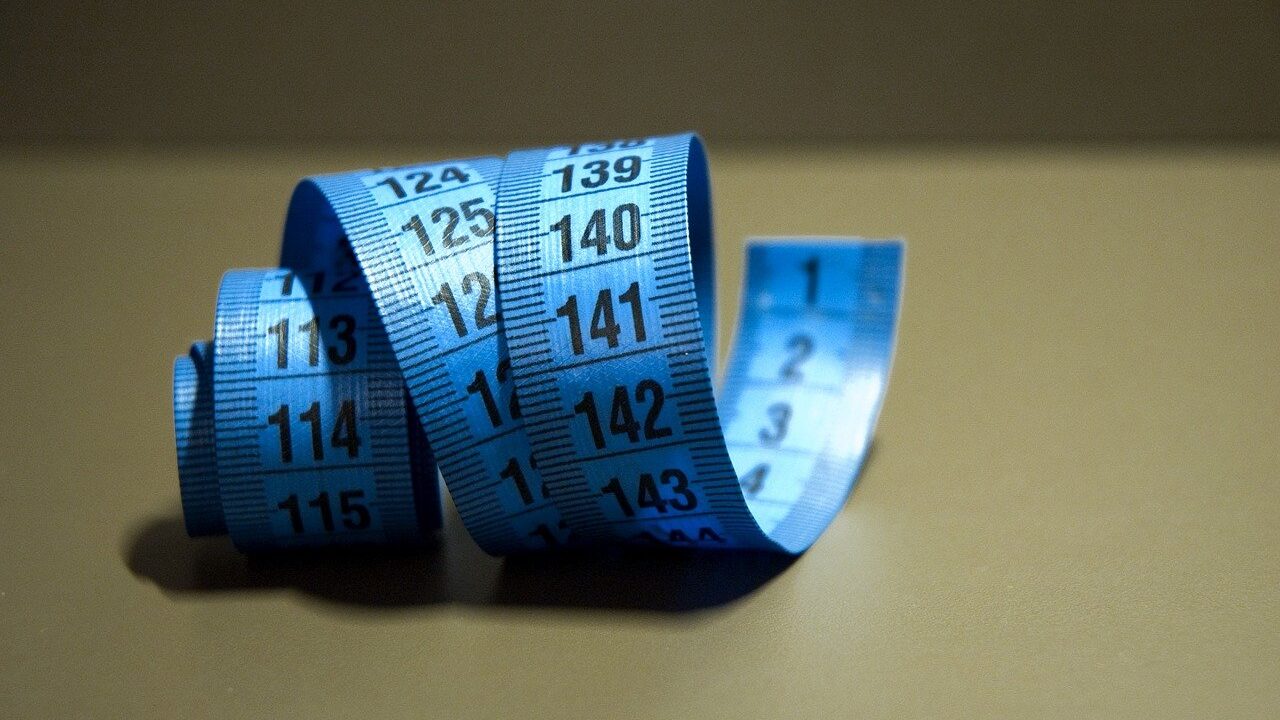Nutriciology for weight loss
Dietetics is a separate field of medicine that deals with the group nutrition of people with various diseases. It includes several subfields, including nutritiology.
This discipline studies the elements that make up the diet, their interrelationship and the impact they have on the individual. Based on these data, individual diets are formulated that are optimal for people with specific body characteristics.
How much to eat to lose weight
Virtually everyone now knows that food is not only a measure of naturalness or taste, but also the value of energy content.
For this reason, calculating daily energy expenditures, taking into account the type of activity, is not difficult. No less common are all sorts of advice on adjusting one’s own weight. Basically, they are reduced to recommendations to reduce daily caloric intake to a certain level. However, this approach is not the truth in the last resort.
Of course, understanding how many calories certain foods contain is necessary, but it is not enough. It is more important to know which calories are on the menu.
After forming a balanced diet, portions are reduced by 10% and the results achieved are checked.
The main control tool in nutritiology is a scale, and not at all a calorie calculator. Measurements are taken in the morning after undergoing hygienic procedures. With a properly designed daily diet, each following morning will be gratifying with the results.
Weight loss and other harmful methods
Nutritiology is categorically against drastic weight loss. Newfangled diets, using celebrities and unscrupulous advertising methods, promise amazing results. Indeed, some of them allow for dramatic weight loss, but are silent about the damage to health.
The practice of drastic weight loss is very dangerous and fraught with serious consequences. A healthy person should optimally lose no more than 3-4 kilograms per month. In the presence of pathologies in the body, these figures should be even lower. For example, diabetics may lose no more than 1-2 kilograms per month.
Statistics and many years of clinical studies show that sudden weight loss inevitably traumatizes the body. Everything should happen gradually and haste in this case is unacceptable. A weight loss of 100 grams per day is an excellent indicator.
The main thing is to be cautious when choosing a diet
In the variety of modern diets it is easy for an ordinary person to get confused, and in the development of some of them participated individuals very distant from the very concept of medicine in general and nutritionism in particular.
On the one hand, it is possible to choose a course for weight loss that meets a person’s psychological and ethical standards and does not require serious financial expenses. On the other hand, it is necessary to know exactly to what extent the chosen diet corresponds to the correct diet.
Any imbalance in the daily diet is a harm and an undeniable evil to the body. A balanced diet allows you, while reducing the amount of food intake, to maintain the required amount of necessary elements. If you neglect the rules of nutrition, the consequences will not be immediate, but after 40-50 years, they will come.
The lack of necessary elements in the body leads to the so-called “hidden hunger”, the damage of which will affect the descendants. This is confirmed by such branch of medicine as epigenetics, which is responsible for studying the processes affecting the human genetic fund during his life. Several last generations of people are prone to diabetes mellitus and cardiovascular diseases. This is an epigenetic effect of the abundance of fat and sugar-rich foods in the diet.




